Onsen Etiquette: What Travelers Need to Know
Onsens are a staple of Japanese culture. Most though, have accepted norms and etiquette that might be foreign to a lot of travelers. Our local insider, Lisette, shows you where to go and what to do when you get there.
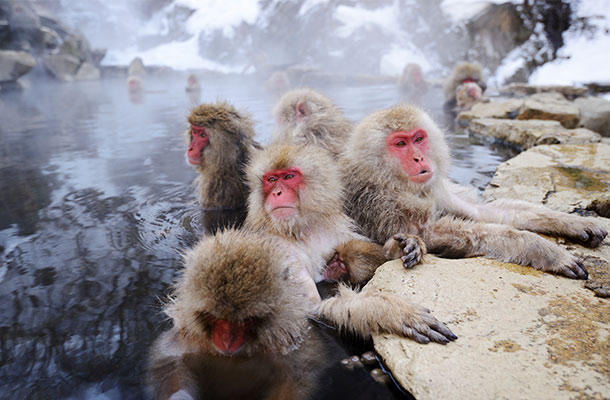 Photo © Shutterstock/Sean Pavone
Photo © Shutterstock/Sean Pavone
- History of Onsen
- Where to go
- What to Bring
- Step-by-Step
- Faux-Pas
- Onsen Snow Monkeys
- Ooedo Onsen Monogatari
History of onsen
Onsens have long been used as communal bath houses, and as venues for healing and recreation. Today, the widespread availability of personal bath-tubs and showers, coupled with the hectic lifestyles of modern Japanese locals, have contributed to the decline of onsen as daily cleaning facilities. However, they are still a popular local pastime. They're also loved for their healing capabilities, which vary depending on the type and composition of the water.
Where to go
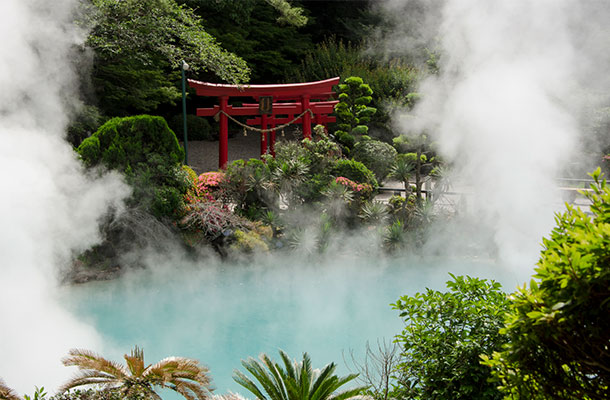
Onsens are all over Japan, but if you’re looking for something a little more special, it’s best to get out of the main cities.
The traditional onsen locations such as Hakone outside Tokyo and Beppu in the more southerly Oita Prefecture are always great choices. From the large and famous to the small and homely, there are onsens galore here.
Don’t be afraid to try somewhere a little off-the-beaten-path too, as these smaller, family-run onsen are often frequented by the elderly Japanese with stories to tell (especially if you speak Japanese).
What to bring to the onsen
Many onsen offer towels for a small fee. If you're pinching pennies, you're also welcome to bring your own towels, soap and other bath items.
If you're in Hakone, there are many street vendors selling Onsen Tamago, eggs that you can take with you to gently cook in the waters of the hot spring. Legend has it that you add 7 years to your life by eating one of these. Whether or not that's true, these are delicious and definitely a novelty worth trying.
Step-by-step guide
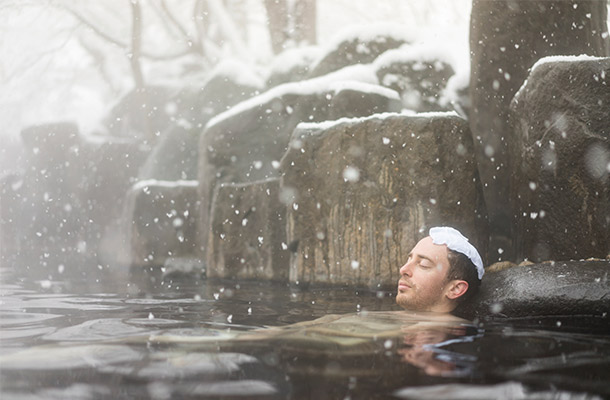
Before stepping into the onsen, you should rinse off your body and rid yourself of the daily grime. Most onsen provide you with small stools to sit on while you clean yourself, and in rare cases, you may find some soap free-for-use.
Afterwards, you should also rinse the stool off with water, put your things to the side and enter the bath sans towel (although you may have a small towel on your head).
Faux-pas at the onsen
For hygiene reasons, entering the onsen wearing any type of garments is forbidden. Not even a towel is allowed. Also, when showering beforehand, watch out for shower water seeping into the onsen.
Furthermore, splashing water and swimming around in the onsen is generally frowned upon by the Japanese.
Tattoos are a huge taboo too and many places will deny entry to anyone sporting ink. Smaller tattoos, however, may be plastered over.
Onsen snow monkeys
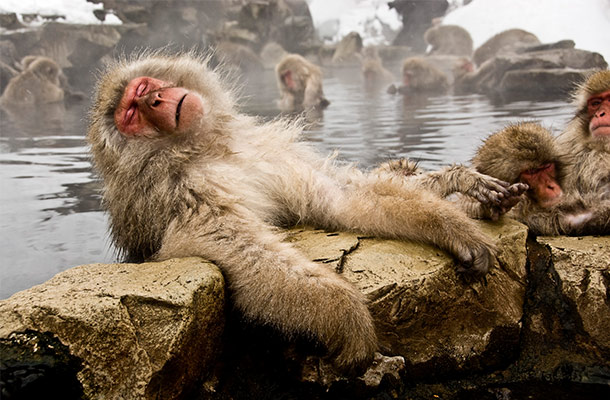
The Japanese Macaque is known for enjoying the heat of the onsen during winter and has become a popular tourist attraction.
Nagano Prefecture (a slightly expensive, 2h ride from Tokyo by Shinkansen) is home to a popular monkey park where you can enjoy watching these monkeys all year around.
Ooedo Onsen Monogatari
Tokyo is home to this onsen theme park, which provides a gateway into the wonderful world of hot springs, yukata and experiencing a more traditional Japan of a bygone era.
Providing far more than a simple bathing experience, it’s a place to dip a toe in traditional Japanese culture! Did we mention that it's open almost round the clock?
Going to Japan?
Related articles
Simple and flexible travel insurance
You can buy at home or while traveling, and claim online from anywhere in the world. With 150+ adventure activities covered and 24/7 emergency assistance.
Get a quote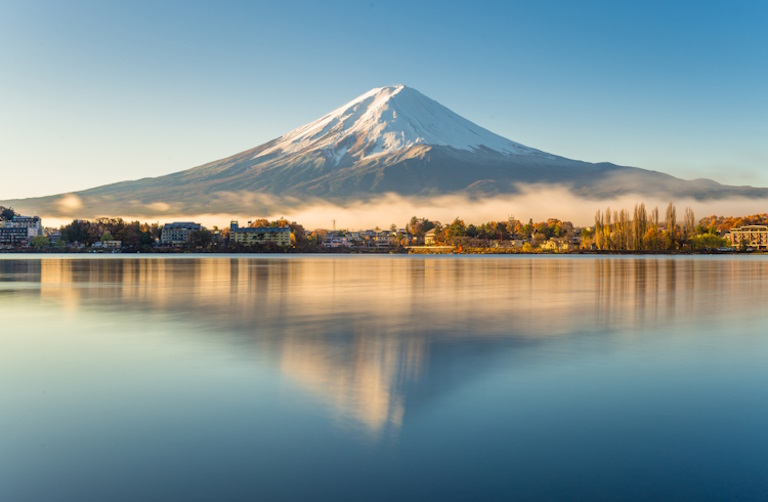
No Comments